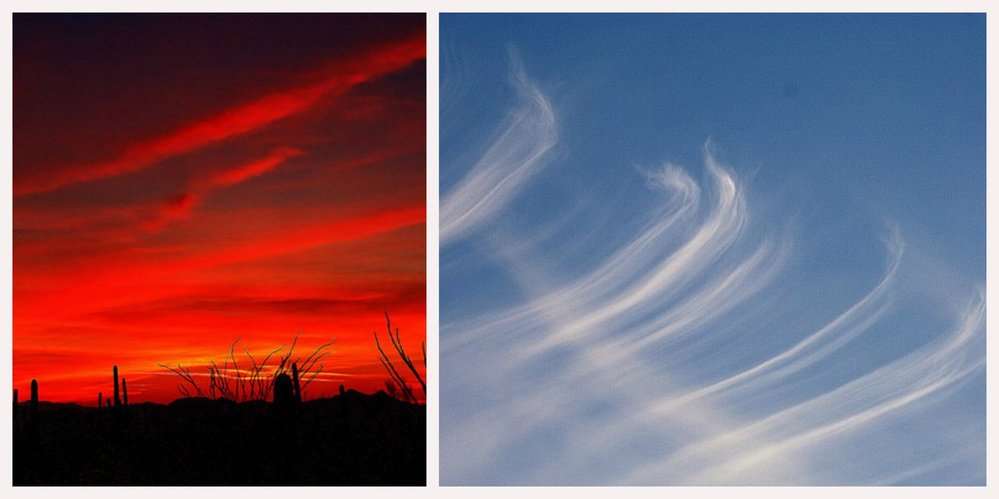Members of the ag community weigh in
By Diego Flammini
Assistant Editor, North American Content
Farms.com
Grab that lucky rabbit’s foot, be careful not to walk under a ladder and keep an eye out for black cats, because Friday just so happens to be the 13th.
There are hundreds of superstitions spanning across multiple industries and agriculture is no exception.
Farms.com surveyed some producers to find out what beliefs are prominent on the farm.
“If the corn is knee high by the first of July, it’s growing at a good rate,” said Amy Matheson, a dairy farmer from Oxford County.
Matheson is attending Dairy Farmers of Ontario’s Annual General Meeting and posed the question to some of her tablemates.
“Breeding cattle in certain directions will ensure a heifer or a bull,” said Joel Stam, a Norwich, Ont. dairy farmer sitting at Matheson’s table.
Emma Butler, a beef and cash crop farmer from Chatham-Kent, whose birthday also happens to be tomorrow, listed a few:
“If you see wispy thin clouds (also known as "mares’ tails") in the sky on a nice day that means rain is coming,
“A rooster will keep calm hens (so if you have laying hens the presence of a rooster will keep them calmer),
“A red sky at night is a farmer’s delight. A red sky in the morning is a farmer’s warning,
“If the animals grow thicker coats early, it foretells of a harsh winter, and
Leaves in October means winter will be colder.”

Red skies and mares' tails clouds are a few examples of superstitions from around the farm.
Megz Reynolds, a peas, lentils and barley producer from near Swift Current, Sask., said her family uses their vehicles and clothing to hope for or deter rain.
“If we need a rain for crops we wash our trucks and put the clothes on the line to dry,” she said. “But if we don't need any rain the trucks don't get washed and clothes don't get hung to dry just in case it causes a rain.”
For the overly superstitious, the 13th falls on a Friday one more time in 2017 – in October.